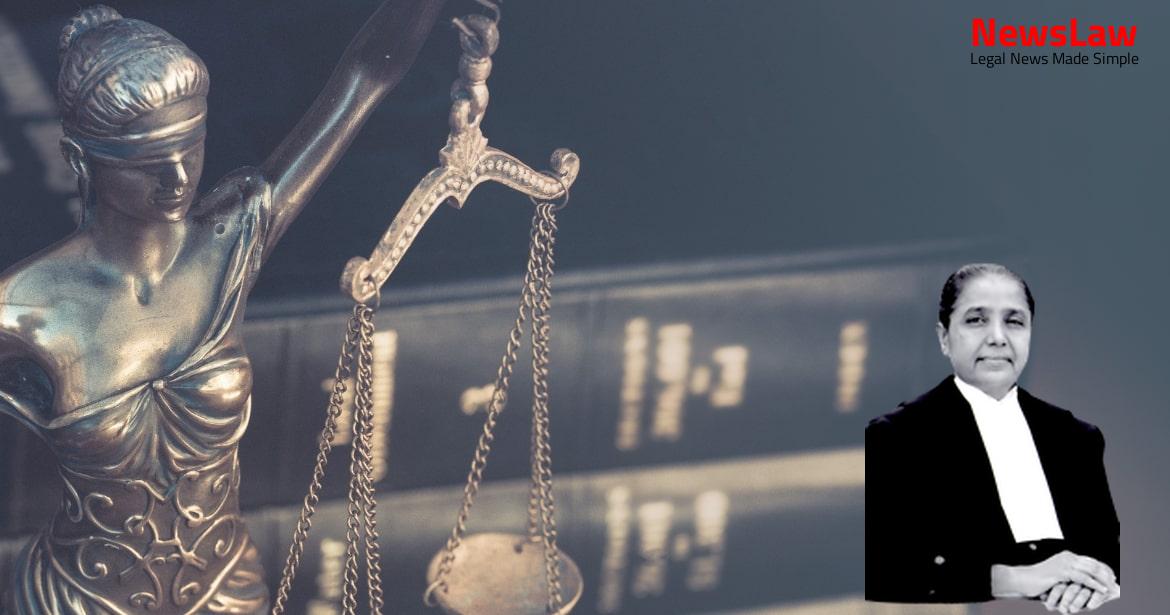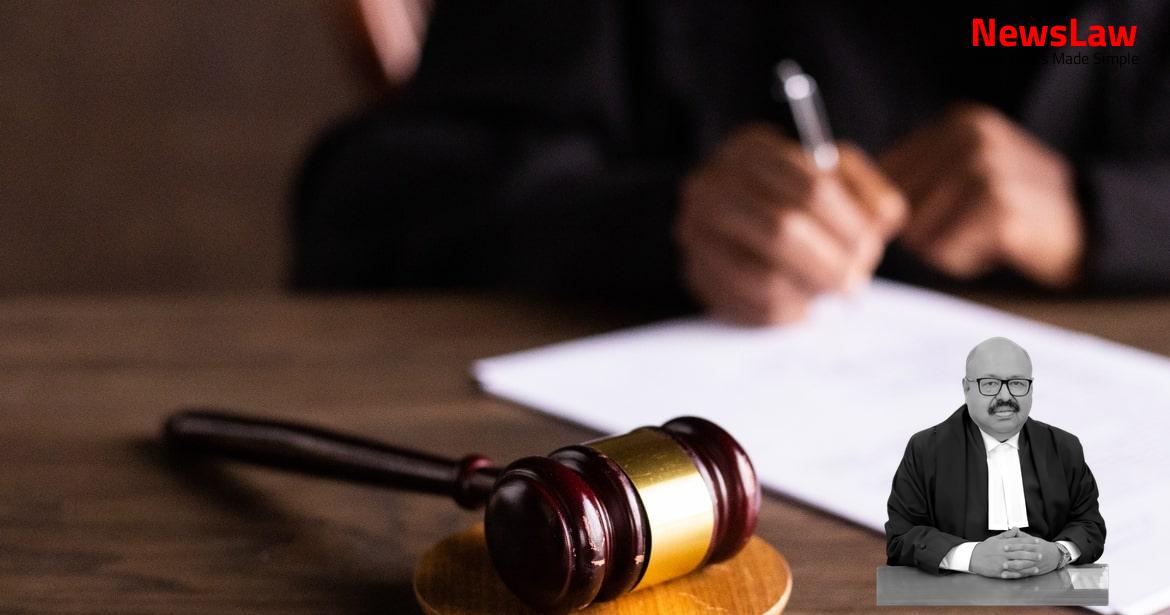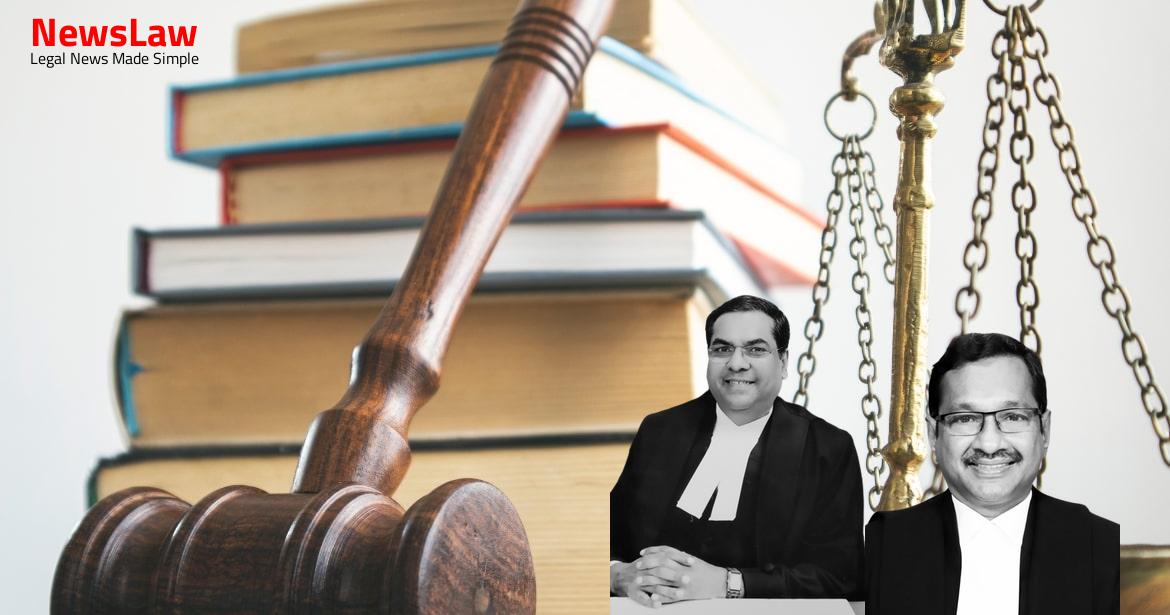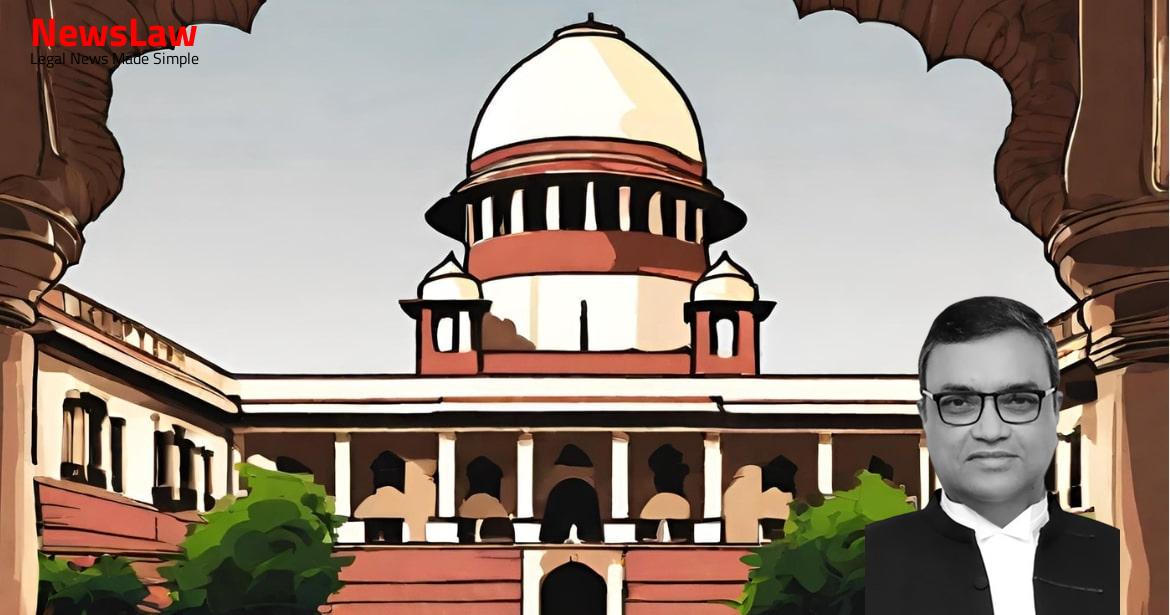Explore the in-depth legal analysis conducted by the court regarding the exemption from property tax for Central Government-owned buildings. The case delves into the complexities of Article 285 of the Constitution and its impact on taxation laws. Stay tuned to uncover the nuances of property tax exemptions in this insightful legal battle.
Facts
- FCI filed a special leave petition against the judgement dated 02.02.2002 and the order dated 04.10.2002 in review petition.
- After completion of acquisition proceedings, the lands vested in the Government of India who constructed godowns and silos on the acquired land for storage of food grains.
- The Government of India wrote a letter to FCI stating that the land for godowns was acquired for Government of India and later transferred to FCI.
- FCI protested the demand for property tax, claiming exemption under Article 285 of the Constitution of India, stating the property was owned by the Central Government.
- Letters and demands were issued by Municipal Corporation of Greater Bombay demanding property tax for property owned by FCI in Borivali.
- FCI protested against the levy of non-agricultural tax in a writ petition which was dismissed by a learned Single Judge.
- Objection was taken to the valuation by the Governor General of India on the grounds of exemption from taxes under Section 154 of Government of India Act.
- The Court of Small Causes accepted the contention of the respondent that the structures put up by the Central Government were exempt from municipal taxes.
- The Court allowed the appeals, set aside the impugned judgment of the High Court, and remitted the matter back to the High Court for a fresh decision.
- The Bombay High Court, relying on the judgment in Food Corporation of India Vs. Municipal Committee, Jalalabad, dismissed the writ petition multiple times.
- All contentions were left open after the judgment of the Supreme Court.
- A review petition was filed and dismissed by a non-speaking order by the Division Bench of the Bombay High Court.
Also Read: Interpretation of Lease Agreement and Compulsory Registration
Issue
- The main question in this appeal is whether the property in question is exempt from property tax under Article 285 of the Constitution of India.
- The key issue is whether the property of the Corporation, being property of the Union of India, is exempt from taxation imposed by the State or any authority within a State.
- The question is whether the right provided by clause (2) of Article 285 should be considered absolute or subject to the proviso within the same clause until Parliament makes changes.
- Authority in this case includes local authority, and the determination of exemption from property tax hinges on the interpretation of Article 285.
Also Read: Enhancing Compensation and Modifying Sentences: A Legal Analysis
Arguments
- The appellant, represented by Shri Neeraj Kishan Kaul, argues that the demand of property tax is exempted under Article 285 of the Constitution of India.
- The Corporation, represented by Shri Pallav Shishodia, contends that the appellant is liable to pay property tax as per the arbitrator’s decision in 1997.
- The Corporation mistakenly relied on a previous judgment that does not apply to the current case regarding exemptions from property tax for Central Government-owned properties.
- The Gujarat High Court and the Division Bench judgment from 1992 support the appellant’s argument that the property in question is owned by the Central Government and therefore exempt from property tax.
- Despite being granted the opportunity to file a review petition, it was dismissed without considering the appellant’s submissions.
- Arbitrator appointed under Section 144(2) erred in holding FCI owns the property
- Appellant willing to pay rateable value for services rendered by the Corporation
- Ownership still vests in Central Government, appellant willing to pay in lieu of general tax
- Appellant cannot claim exemption under Article 285 as FCI is distinct from Central Government
- Article 285(2) applies, saving levy on property liable before Constitution commencement
- Owner not liable to pay assessment, occupier can’t be held liable if owner isn’t liable
- Occupier can be liable only if original owner is not available but liable to pay taxes
Also Read: Transfer of Writ Petitions for Chartered Accountants’ Tax Audit Guidelines
Analysis
- The appellant being the occupier of the godowns will be primarily liable to pay property taxes.
- Properties could be made liable to pay tax to the Municipality only if Parliament by law provided to that effect.
- The High Court did not conclude that the Corporation is entitled to levy property tax under Article 285 clause (2).
- The status quo as to local taxation is maintained, but Parliament is given the power to control such taxation.
- The exemption in favor of the Crown given in Section 154 could not be availed of.
- The ownership of the property, including the godowns, vests with the Government of India.
- The judgment of the Division Bench of the Bombay High Court cannot be sustained.
- Article 285(2) of the Constitution does not permit levy of any tax by a State, it only benefits the authority within the State.
- The condition for the applicability of Article 285(2) is not satisfied as the constructions subject to property tax came into existence only after 1964.
- The High Court was in error in construing the notification issued in 1911 under the 1890 Act to continue by virtue of the provisions contained in Section 4 of the 1941 Act.
- Article 285 and Article 289 of the Constitution provide for exemptions of property of the Union from State taxation and property and income of a State from Union taxation, respectively.
- Section 154 of the Act, 1935 exempted properties vested in His Majesty from taxes imposed by a Province or Federated State, with a proviso allowing continued taxation if the property was previously liable to tax.
- Section 146 outlines the primary responsibility for property taxes, including exemptions for Government-owned properties and the liability of occupiers.
- The decision of the appointed person regarding the rateable value of government properties for taxation holds for five years.
- Draft Article 264 initially proposed for consideration by the Constituent Assembly aimed at exempting the property of the Union from State taxation.
- The Constitution Bench and Calcutta High Court judgment in Governor-General of India in Council vs Corporation of Calcutta (1948) Cal 116(2) approved.
- Article 285, Clause (2) discussed in relation to property existing before the commencement of the Constitution.
- Justice B.K. Mukherjea’s opinion on exemption from municipal taxes for Central Government property.
- Gujarat High Court judgment on property tax liability for Corporation-owned buildings.
- Interpretation of Section 154 in various cases discussed.
- Distinction between tax and fee in relation to property of the Union under Article 285 highlighted.
- Judgments regarding exemptions from taxation under Article 285 for government entities.
- Calcutta High Court and Federal Court judgments referenced.
- Discussion on property tax liability for buildings constructed by the Central Government.
- Relevance of Union properties and liability to pay municipal taxes examined.
- The land in question was originally owned by the Government of India.
- The land was given to the appellant-Corporation for the purpose of constructing godowns.
- The Corporation carried out the construction of godowns on the property.
- Appellant is exempted from paying property tax under the 1888 Act due to Article 285 of the Constitution.
- However, the appellant is still liable to pay service charges for services provided by the Corporation.
- Counsel for the appellant acknowledged the liability to pay service charges.
Decision
- The appellant is liable to pay service charges for the services provided by the Corporation.
- The respondents have the right to conduct an enquiry under Section 144 of the 1888 Act to determine the rateable value of the property.
- Parties are responsible for bearing their own costs.
Case Title: FOOD CORPORATION OF INDIA Vs. BRIHANMUMBAI MAHANAGAR PALIKA (2020 INSC 318)
Case Number: C.A. No.-009350-009351 / 2019



